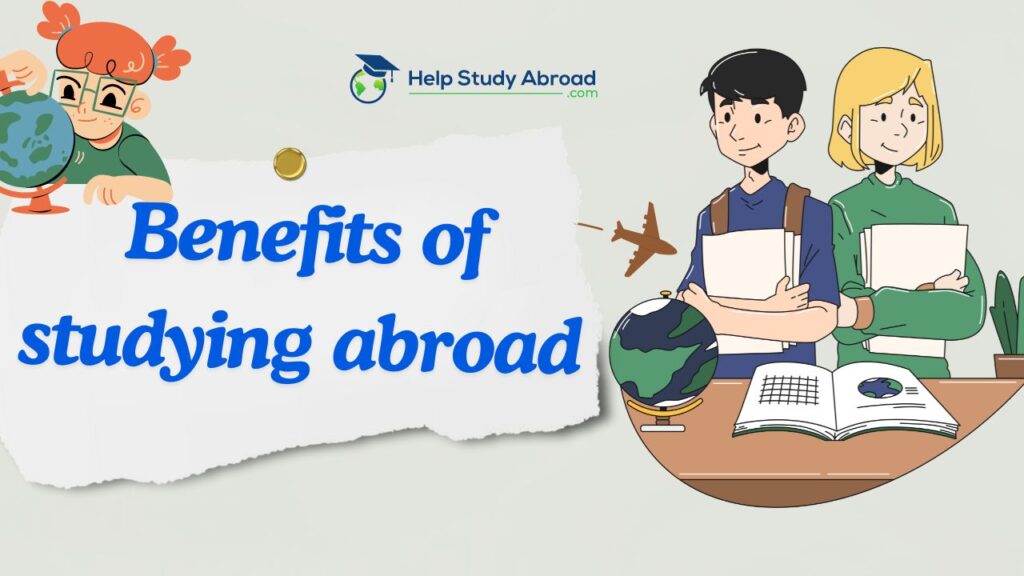Universities and Colleges in Malta
Malta, a vibrant island nation in the Mediterranean, boasts a concentrated cluster of universities and colleges primarily located near its capital, Valletta, on the northeast coast.
The University of Malta, the country’s largest and oldest higher education institution, hosts around 11,000 students, including approximately 700 international students. Its main campus is situated in Msida, near Valletta, with additional campuses in Valletta itself and on Gozo, Malta’s second-largest island.
Other public institutions include the Malta College of Arts, Science and Technology (MCAST) in Paola and the Institute of Tourism Studies in St Julian’s. These institutions align with European standards, participating in the Erasmus exchange program and the Bologna Process, ensuring the compatibility of degrees across Europe. Courses are primarily taught in English, with opportunities for students to learn Maltese as well.
Private education is also on the rise, with institutions like the Middlesex University Malta Campus in Pembroke, which opened in 2013 and focuses on business, finance, and ICT. Additionally, Malta is well-known for its abundance of English language schools, catering to international students seeking to enhance their English proficiency.


Life in Malta
Vibrant Living
Despite its small size, Malta offers a lively and diverse lifestyle. From its thriving nightlife and cultural events to outdoor activities like paragliding, golf, and snorkeling, students will find plenty to enjoy during their stay.
Mediterranean Weather
Malta’s Mediterranean climate guarantees sunny days for most of the year. Summers are warm, with temperatures often exceeding 30°C (86°F), while winters remain mild, averaging around 15°C (59°F). The warmest months are June through September, while cooler weather spans December to March.
Delicious Cuisine
Maltese cuisine is a delightful mix of Mediterranean flavors, akin to those found in Sicily. Staples include fresh vegetables, seafood, pasta, and traditional dishes like rabbit stew, fish pie, and bigilla (bean dip). Snack options such as pastizzi (flaky pastries) and ħobż biż-żejt (bread topped with tomatoes and olive oil) are local favorites.
Accommodation Options
Students studying at public universities often opt for the Malta University Residence in Lija, located 4 km from the main University of Malta campus and offering amenities like direct transport and a swimming pool. Other options include renting private apartments or staying with host families, with support available from university international offices to find suitable arrangements.
Visa and Residency Requirements
Short-Term Studies
Students from the EU, the US, and some other countries do not need a visa for stays shorter than three months. For longer programs, check with the Maltese embassy or consulate to determine if a visa is required.
Required Documents for Student Visas
- A completed visa application form
- Valid passport
- Two passport-sized photos
- Proof of return travel or prepaid journey
- Evidence of financial support for tuition and living expenses
- Letter of acceptance from a Maltese institution
- Confirmation of accommodation arrangements
- Medical insurance coverage
Residency for Long-Term Stays
All international students staying longer than three months must apply for an e-residence document. This process, which replaces the previous identity card system, requires similar documents as the visa application and is completed after arriving in Malta.
Malta’s blend of world-class education, sunny climate, and rich cultural heritage makes it an excellent destination for international students. Whether you’re pursuing higher education or enhancing your English skills, Malta offers a fulfilling and memorable experience.
FAQ: Studying in Malta with HelpStudyAbroad.com
1. Why should I choose Malta for studying abroad?
Malta offers a unique combination of world-class education, a Mediterranean lifestyle, and affordable living costs. With its English-speaking environment and vibrant cultural heritage, it’s an ideal destination for international students.
2. How can HelpStudyAbroad.com assist me?
At HelpStudyAbroad.com, we guide students through every step of their journey, from selecting the right university to completing visa applications, finding accommodation, and settling into life in Malta.
3. Do universities in Malta accept IELTS or MOI (Medium of Instruction)?
Yes! Most universities in Malta accept:
- IELTS scores as proof of English proficiency.
- MOI certificates for students who have previously studied in English-speaking environments.
4. What teaching language is used at Maltese universities?
The primary teaching language is English, ensuring accessibility for international students.
5. Are scholarships available?
Yes, Maltese universities, including the University of Malta, offer scholarships for international students. HelpStudyAbroad.com can guide you in identifying and applying for scholarships.
6. Do I need a visa to study in Malta?
- For short-term courses (less than three months): Many students, including those from the EU and US, do not need a visa.
- For longer stays: A student visa is required. HelpStudyAbroad.com can assist with the application process.
7. What are the visa requirements for Malta?
To apply for a student visa, you need:
- Completed visa application form
- Valid passport
- Two passport-sized photos
- Proof of funds for tuition and living expenses
- Letter of acceptance from a Maltese university
- Accommodation proof
- Health insurance coverage
- Return ticket or proof of prepaid travel
8. Do I need additional documentation for long-term stays?
Yes, all international students staying longer than three months must apply for an e-residence document, which replaces the old identity card system.
9. What accommodation options are available for students?
Students can choose from:
- University residences, such as the Malta University Residence in Lija.
- Private apartments.
- Homestays with local families.
Our team at HelpStudyAbroad.com helps students find suitable housing options.
10. Can I work while studying in Malta?
Yes, international students can work part-time for up to 20 hours per week, provided they obtain a work permit.
11. How much does it cost to live in Malta?
Malta is affordable compared to many European countries. Monthly expenses typically include:
- Accommodation: €300–€700.
- Food and transportation: €200–€300.
12. Is health insurance mandatory?
Yes, valid health insurance is required for the entire duration of your stay.


